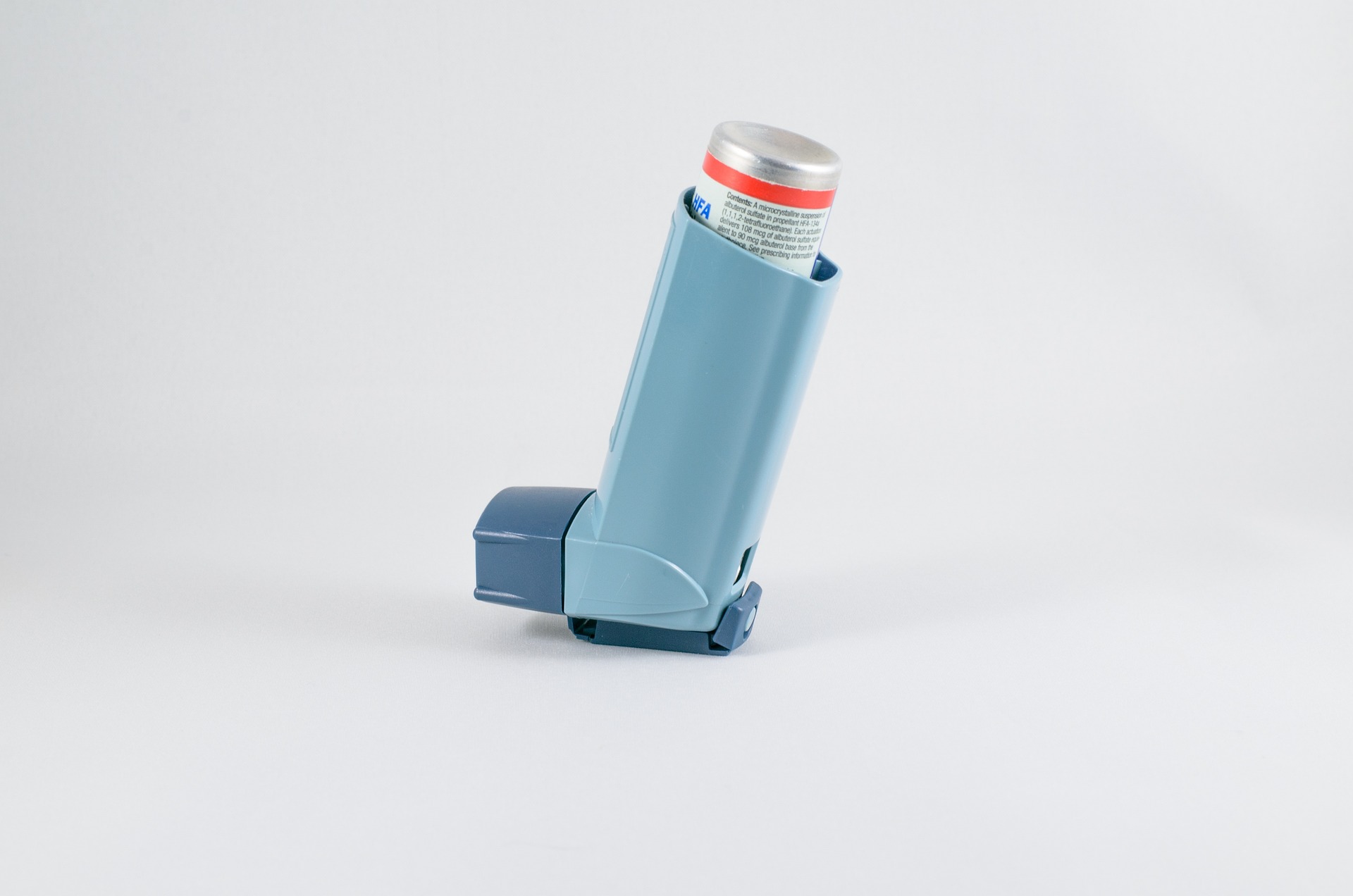Managing Seasonal Symptoms: Effective Relief Strategies
Seasonal pollen allergies can cause sneezing, itchy eyes, and nasal discomfort when pollen levels are high. Understanding triggers, monitoring local pollen forecasts, and discussing management options with a healthcare professional can help adults reduce symptoms and support everyday comfort.

Managing seasonal allergies effectively requires understanding both the underlying causes and the range of treatment options available. With proper knowledge and the right approach, you can significantly reduce symptoms and enjoy outdoor activities even during high pollen seasons.
Understanding Seasonal Pollen Allergy Causes and Solutions
Seasonal allergies occur when your immune system overreacts to airborne particles like tree pollen, grass pollen, and ragweed. These allergens trigger the release of histamine and other chemicals, leading to symptoms such as sneezing, runny nose, itchy eyes, and congestion. The severity of reactions varies among individuals, with some experiencing mild discomfort while others face debilitating symptoms that interfere with daily activities.
The most common seasonal allergens include tree pollens in spring, grass pollens in late spring and summer, and weed pollens like ragweed in fall. Weather conditions significantly impact pollen levels, with warm, windy days typically producing higher concentrations than cool, rainy periods.
Effective Seasonal Pollen Allergy Prevention Strategies
Prevention remains the most effective approach to managing seasonal allergies. Monitor local pollen forecasts and limit outdoor activities during peak pollen times, typically early morning and late afternoon. Keep windows closed during high pollen days and use air conditioning with clean filters to maintain indoor air quality.
Personal hygiene plays a crucial role in prevention. Shower and change clothes after spending time outdoors to remove pollen particles. Wash bedding weekly in hot water and consider using allergen-proof covers for pillows and mattresses. Regular nasal irrigation with saline solution can help flush out allergens before they trigger symptoms.
Proven Seasonal Allergy Relief Tips
Multiple treatment options exist for managing seasonal allergy symptoms. Antihistamines remain the first line of defense, with both over-the-counter and prescription options available. Non-sedating antihistamines like loratadine and cetirizine provide 24-hour relief without drowsiness, while older medications like diphenhydramine offer quick relief but may cause sleepiness.
Nasal corticosteroid sprays effectively reduce inflammation and congestion when used consistently. These prescription medications work best when started before allergy season begins. Decongestants provide temporary relief but should not be used for extended periods due to potential rebound effects.
Professional Treatment Options and Costs
For severe allergies that don’t respond to over-the-counter treatments, professional medical intervention may be necessary. Allergists can perform skin tests or blood tests to identify specific triggers, allowing for targeted treatment approaches.
| Treatment Type | Provider | Cost Estimation |
|---|---|---|
| Allergy Testing | Local Allergist | $200-$1,000 |
| Immunotherapy Shots | Allergy Clinics | $1,000-$4,000 annually |
| Prescription Nasal Sprays | Pharmacy/Doctor | $30-$200 monthly |
| Over-the-Counter Antihistamines | Retail Pharmacies | $10-$50 monthly |
| HEPA Air Purifiers | Various Retailers | $100-$800 one-time |
Prices, rates, or cost estimates mentioned in this article are based on the latest available information but may change over time. Independent research is advised before making financial decisions.
Immunotherapy, also known as allergy shots, represents a long-term solution for severe seasonal allergies. This treatment involves regular injections of gradually increasing amounts of allergens to build tolerance over time. While requiring a significant time commitment, immunotherapy can provide lasting relief even after treatment ends.
Natural and Alternative Approaches
Several natural remedies may complement traditional treatments. Local honey consumption, while lacking strong scientific evidence, is popular among allergy sufferers who believe it helps build tolerance to local pollens. Quercetin, a natural antihistamine found in foods like onions and apples, may provide mild symptom relief.
Herbal supplements like butterbur and stinging nettle have shown promise in some studies, though more research is needed to confirm their effectiveness. Always consult healthcare providers before combining natural remedies with prescription medications to avoid potential interactions.
Maintaining overall health through proper nutrition, regular exercise, and adequate sleep can strengthen your immune system and potentially reduce allergy severity. Stress management techniques may also help, as chronic stress can worsen allergy symptoms.
Effective allergy management often requires a combination of prevention strategies, appropriate medications, and lifestyle modifications. Working with healthcare professionals ensures you receive personalized treatment recommendations based on your specific triggers and symptom patterns. With proper management, seasonal allergies don’t have to significantly impact your quality of life during peak pollen seasons.
This article is for informational purposes only and should not be considered medical advice. Please consult a qualified healthcare professional for personalized guidance and treatment.




